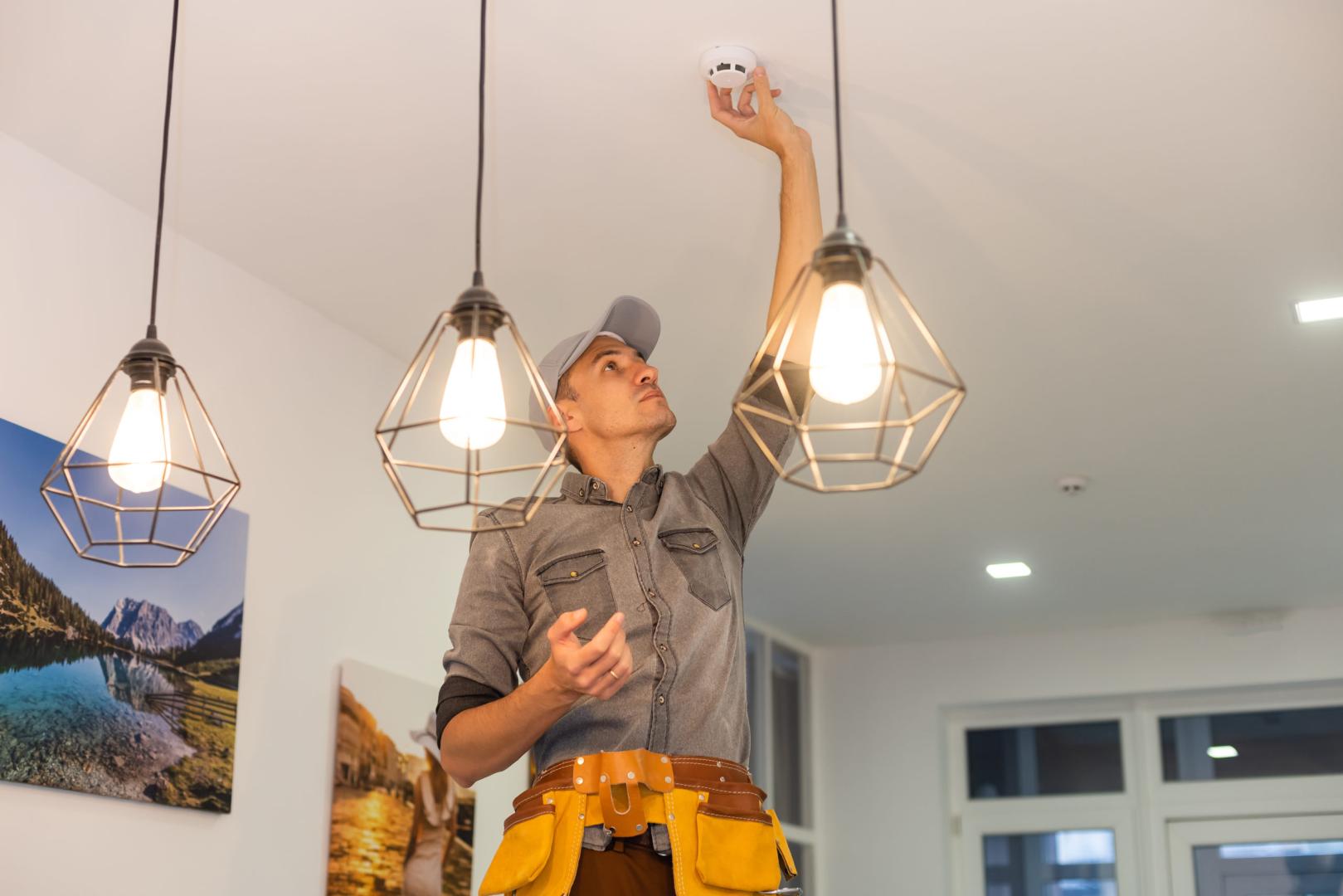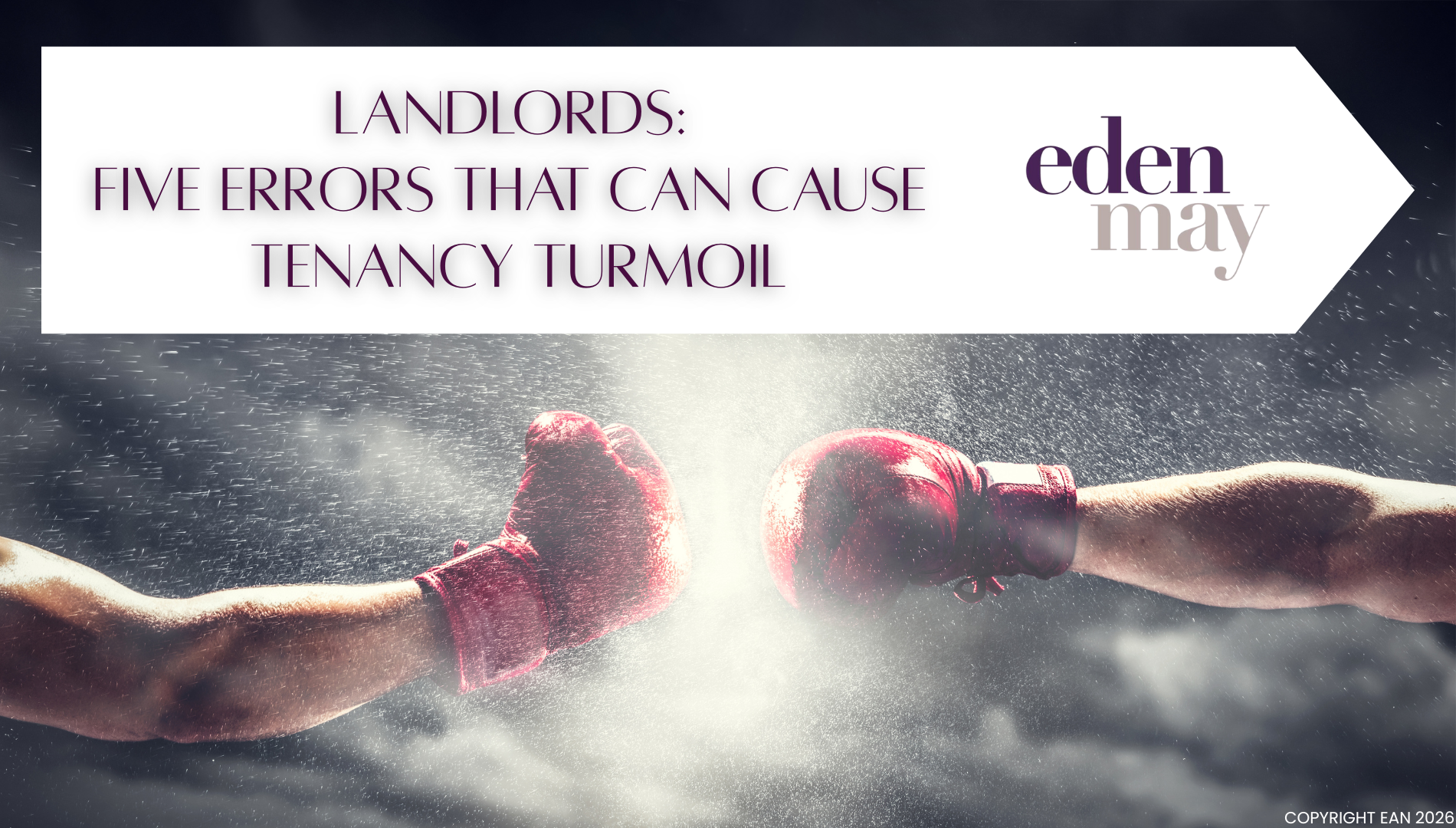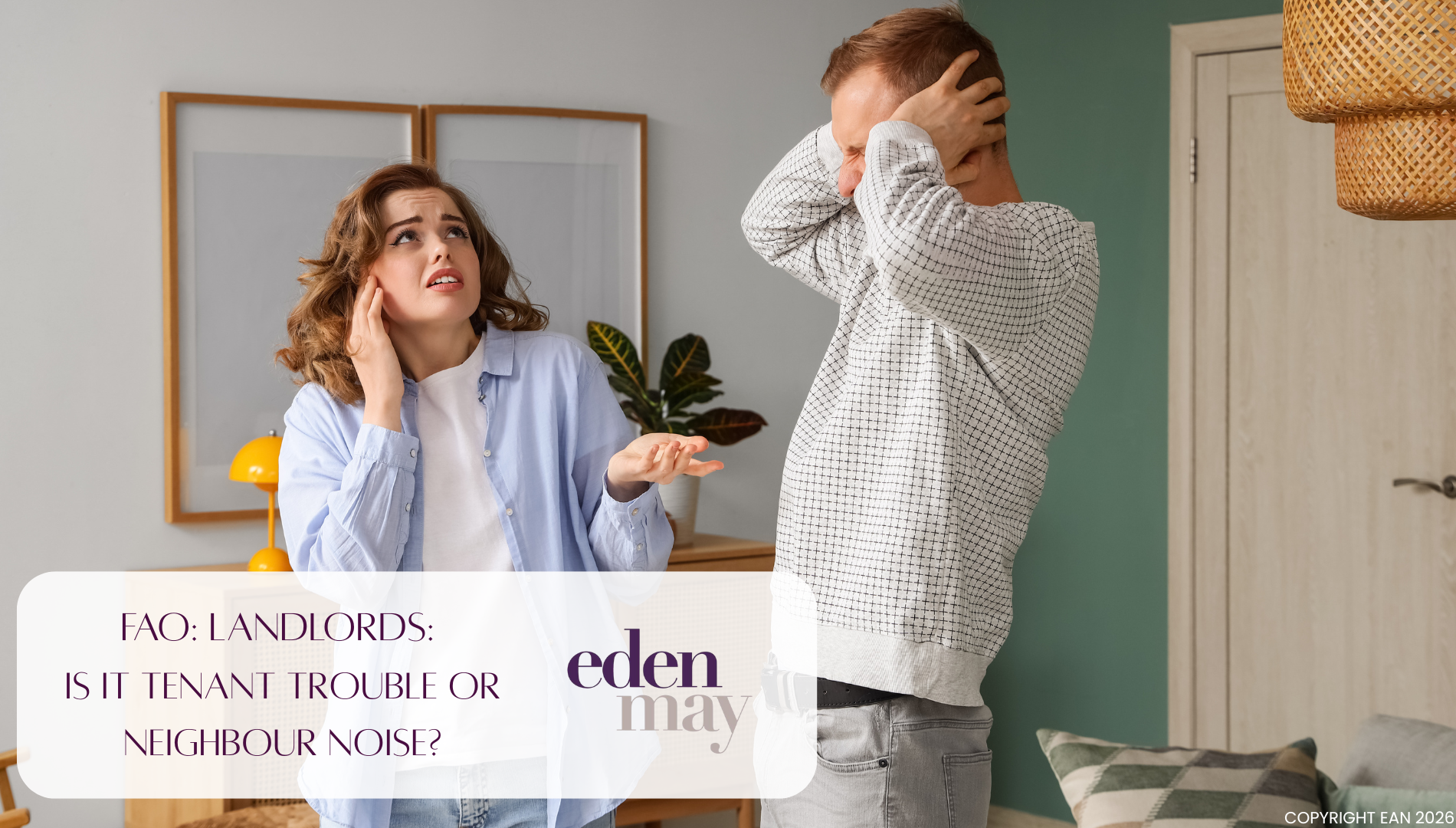Carbon Monoxide Alarms – New Responsibilities Are Being Placed On Landlords
Changes are now in force to smoke alarm and carbon monoxide alarm regulations in English rental properties. Since all landlords in Taunton need to be aware of these updates, our team here at Eden May is here to bring you up to speed with the changes to the law.
Changes To The Regulations
Since 2015, all private landlords have been required to ensure that all rental properties have a minimum of one functioning smoke alarm on every storey that has a room in use as living accommodation. That regulation will remain in place, however, when it comes to carbon monoxide alarms, new responsibilities have been placed on landlords.
Previously, private landlords were also only required to provide a CO alarm in the property if it contained an appliance that burned solid fuel. However, since 1st October 2022, CO alarms need to be supplied in any living accommodation room that contains any fixed combustion appliance, including gas fires and gas boilers. Gas cookers are exempt from the change. If any new fixed combustion appliance is added to the property, a new alarm will also need to be fitted at the same time.
Furthermore, landlords will also become responsible for replacing or repairing any CO or smoke alarms during a tenancy. Previously, although landlords were responsible for testing and fitting the alarm when the tenancy began, the tenant was responsible for all replacements and repairs during their tenancy. Now, the entire burden of responsibility will fall on the landlord.
Is A Specific Alarm Type Required?
The change to the law has not stipulated any specific type of carbon monoxide or smoke alarm, so landlords are able to decide which one is best for their tenants and the building’s needs. Both battery-powered and hard-wired alarms are acceptable so long as they comply with the relevant British Standards.
Is There A Specific Location Where Alarms Must Be Placed?
There are no stipulations in the regulations about precisely where CO or smoke alarms must be placed or fitted as long as there is one on every storey with living accommodation in the case of smoke alarms, and in all living accommodation rooms that contain any fixed combustion appliance in the case of CO alarms. Nevertheless, smoke alarms are typically fixed to a ceiling, while CO alarms should be 1 – 3 metres from the potential carbon monoxide source and should be at head height.
What Will Landlords Be Required To Take Responsibility For?
Landlords are now responsible for installing the appropriate alarms and ensuring they are in full working order. They will be required to test the alarms on the tenancy’s first day and replace or repair any malfunctioning alarms that the tenant reports during their tenancy.
Although the tenant holds responsibility for reporting any issues with the alarms to their landlord, it’s still sensible for landlords to always check the alarms during routine visits and mid-term inspections. If the alarm is battery-powered, tenants can try replacing the batteries themselves, and only report an issue if they are unable to do this or if the battery change fails to resolve the problem.
How Can A Landlord Prove Compliance?
The local housing authority will enforce the updated regulations, and if a landlord is told they are non-compliant, they must take action immediately to repair or install the alarms. If landlords fail to comply with remedial notices, they may be fined as much as £5000 per breach.
To prove compliance with the regulations, landlords are advised to keep records of all alarm installations, tests, and repairs. An inventory carried out on the tenancy’s first day is the best way to keep these records, with the tenant signing to confirm everything is in order.
To find out more about maintaining compliance as a landlord in Taunton, get in touch with the team at Eden May by giving us a call on 01823 478575.


 By
By 



Share this with
Email
Facebook
Messenger
Twitter
Pinterest
LinkedIn
Copy this link